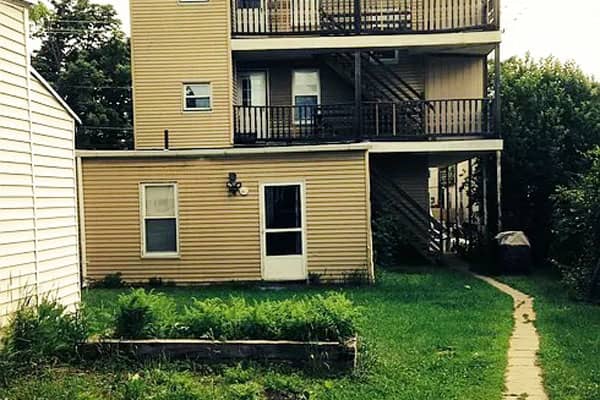The one-month extension of the Centers for Disease Control and Prevention’s eviction moratorium was welcome news for tenants but another nail in the coffin for some struggling landlords.
Groups representing landlords had been lobbying hard to end the moratorium and now warn even another month will put some of those landlords out of business.
“Each passing month further escalates the risk of losing an ever-increasing amount of rental housing, ultimately jeopardizing the availability of safe, sustainable and affordable housing for all Americans,” wrote Bob Pinnegar, CEO of the National Apartment Association, in a release. “Flawed eviction moratoriums leave renters with insurmountable debt and housing providers holding the bag as our nation’s housing affordability crisis spirals into a housing affordability disaster.”
The majority of the nation’s landlords are individual investors. They own about 23 million units in 17 million properties, according to the U.S. Census. More than 6 million renter households are behind on rent, also according to the Census. Landlords have next to no recourse.
Howard Simon owns a small building in Massachusetts with three rental units. He hasn’t received the rent on one of them since last October and is out about $7,000 so far.
“I have mortgages, I have expenses for repairs to that particular building, I’m losing one-third of the rent just because of this,” said Simon. “And you know the other tenants who are occupying the other two units, they’re trying their hardest and doing their best.”
Simon has contacted the delinquent tenants but said they will not respond, nor will they apply for the aid available to them. While about $34 billion in federal assistance has been distributed to states for back rent and utilities, getting that cash to landlords has been an onerous process because the tenant must be involved.
“In my particular instance the tenant is not cooperating with even completing the application. I’m just a small landlord, and I’m not a big corporation like many of the other large rental organizations, so although the funding is very helpful, if the tenant doesn’t cooperate everything falls apart,” said Simon.
Before the extension of the eviction ban, there would have been about 473,000 eviction filings in July and August, according to calculations by Zillow from Census estimates. That is down by about 100,000 from what was forecast last March. The improvement is due to the federal aid reaching some renters as well as an overall improvement in the economy and employment. The numbers are likely to decline further with an extra month of breathing room.
Still, landlords say they are angry at the way the federal aid, $46 billion from two different relief packages, has been both allocated and distributed.
“If the rental assistance bureaucracy is a monster, then the local governments that created them are Dr. Frankenstein,” said Dean Hunter, CEO of the Small Multifamily Owners Association and a landlord himself. “They’ve required the states and the cities to create entire new infrastructures to get the money out, instead of using the existing community based organizations and safety nets.”
Hunter contends that small landlords are being treated like large corporations but instead should have been included in the small business relief package, the Paycheck Protection Program.
“This is the most excessively and overly broad taking of private property in my lifetime,” said Hunter. “The eviction moratorium is killing small landlords, not the pandemic.
After extending the moratorium, the Biden administration outlined measures it would take to further assist both renters and landlords. It said the U.S. Treasury would clarify “how grantees may achieve economies of scale by obtaining information in bulk from utility providers and landlords with multiple units to help speed the determination of household eligibility and to bundle, in a single payment, approved amounts for the benefit of multiple eligible tenants.”
That, and other efforts from state and local governments, should help some, but if landlords don’t get the relief they need, there will be ramifications for the wider housing market.
“What there is going to be a tsunami of is a loss of naturally occurring, affordable housing, because small landlords are going to sell their properties,” said Hunter.
